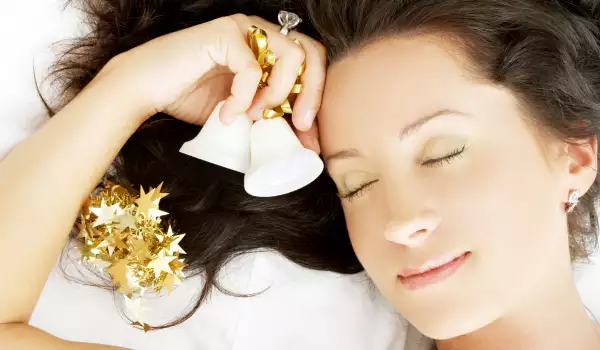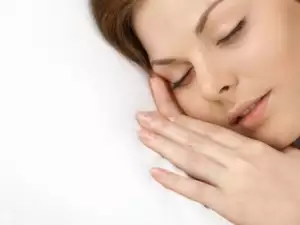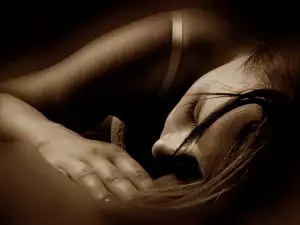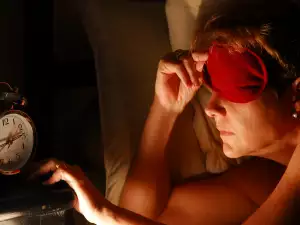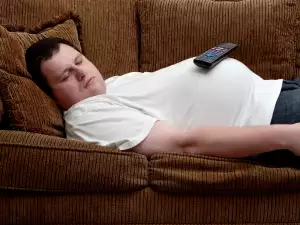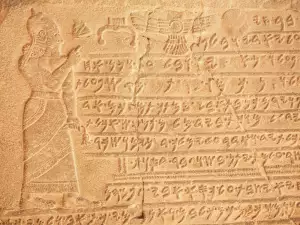To feel good, you should sleep at least seven hours a day. If you sleep too much, it can cause a risk of premature death.
However, if you sleep about five hours, the risk of dying prematurely is increased twice, as is the risk of occurrence and complication of cardiovascular disease.
This has disproved the rule of eight - we need eight hours sleep, eight to work, eight to rest, to avoid health problems.
It turns out that one can feel perfect after four hours of sleep. Such people feel alert after an eight-hour sleep, are very few, and often among them are found geniuses.
These are people who have mutated genes. They suffer from a slight mutation of the gene hDEC2. Only one to three out of every hundred people suffers from this type of mutation that allows them to be refreshed after a four-hour sleep.
Such people are more resistant to physical pain and easier to accept psychological trouble. It is possible to create medicines that make ordinary people into those who get enough sleep in four hours.
Among people who get enough sleep in a short time ahs been Napoleon Bonaparte. He said: "Napoleon sleeps four hours, old men – five, soldiers – six, women – seven, men – eight. Nine hours sleep only the sick."
Napoleon advocated women sleeping seven to eight hours to look good. Gaius Julius Caesar is known to get enough sleep for two to four hours. During military campaigns, he slept under the open sky with his soldiers.
Leonardo da Vinci created musical pieces often just in the morning, when the capacity of the brain increases dramatically. He slept two to four hours a day to have time to create.
He broke his dream time in parts, to have more time to work. He slept for fifteen minutes, then work a few hours and again lie down to nap.
Salvador Dali was afraid to sleep because he preferred to paint pictures. He put a metal plate on the floor, and between the thumb and forefinger, which were above the plate, held a metal spoon.
When he fell asleep, the spoon fell on the tray and woke him up. The state between sleep and awake refreshed him, and he returned to painting.
The inventor of the light bulb Thomas Edison slept five hours a day. After having invented the light bulb, people who slept ten hours, reduced their sleep time to about seven hours.
